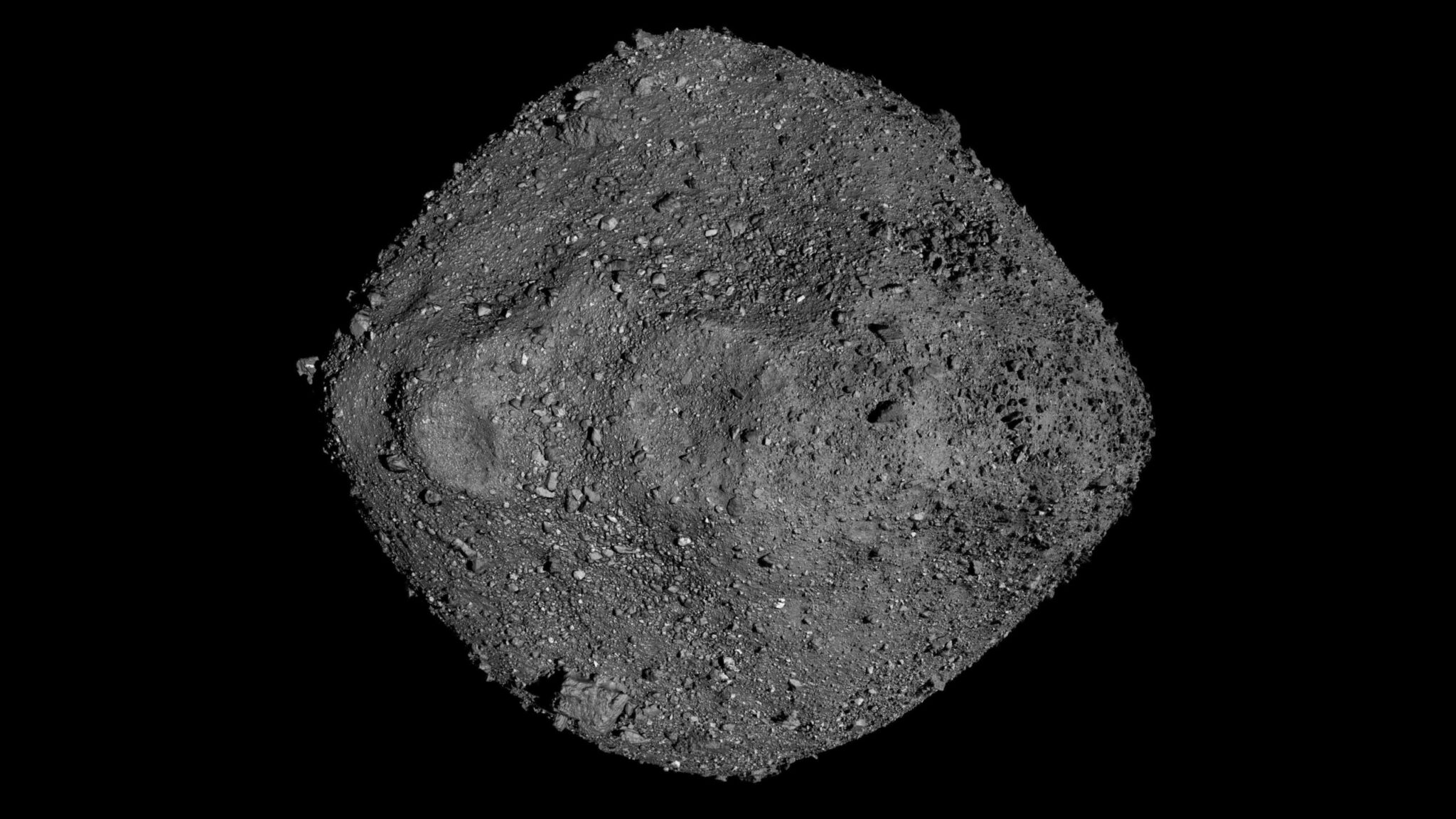Scientists hypothesize that astronauts could use asteroids as a food source during long interplanetary missions. Although it is not about consuming rocks, the idea is to convert substances from asteroids into nutritious biomass. The strange method of obtaining a source of nutrients is reported by a publication in The International Journal of Astrobiology.

The process involves breaking down asteroids using chemical and physical methods, and the obtained substance will be fed to special bacteria that can turn it into edible biomass. This approach can provide an alternative to traditional food growing or storing supplies that have a limited shelf life.
The study was inspired by a U.S. Department of Defense project that explored the possibility of recycling the plastic containers that hold military rations into something more edible. In this case, plastic is broken down into gas and oil, which is then added to bacteria in a bioreactor that turns the oil into biomass.
Scientists suggest that a similar method could be applied to carbon-rich asteroids such as Bennu. However, according to experts, this is still only a concept. It is necessary to investigate whether such biomass will be toxic and to solve the problem of asteroid mining.

Scientists aim to put this idea to the test in practice. One of the study’s authors, Joshua Pearce, a professor of engineering at Western University in Ontario, even promised to be the first to taste the resulting biomass and joked that in case of survival, the experiments will progress to the next stage.
This research highlights humanity’s desire to find new solutions for sustaining life in deep space, where traditional methods of providing resources may be impossible or ineffective.
We previously reported on how orbit-grown vegetables pose a health risk to astronauts.
According to nytimes.com


